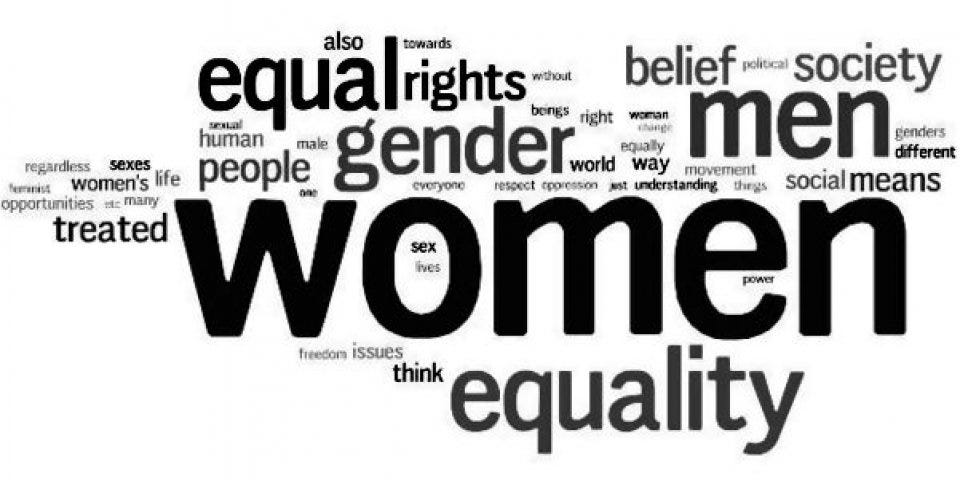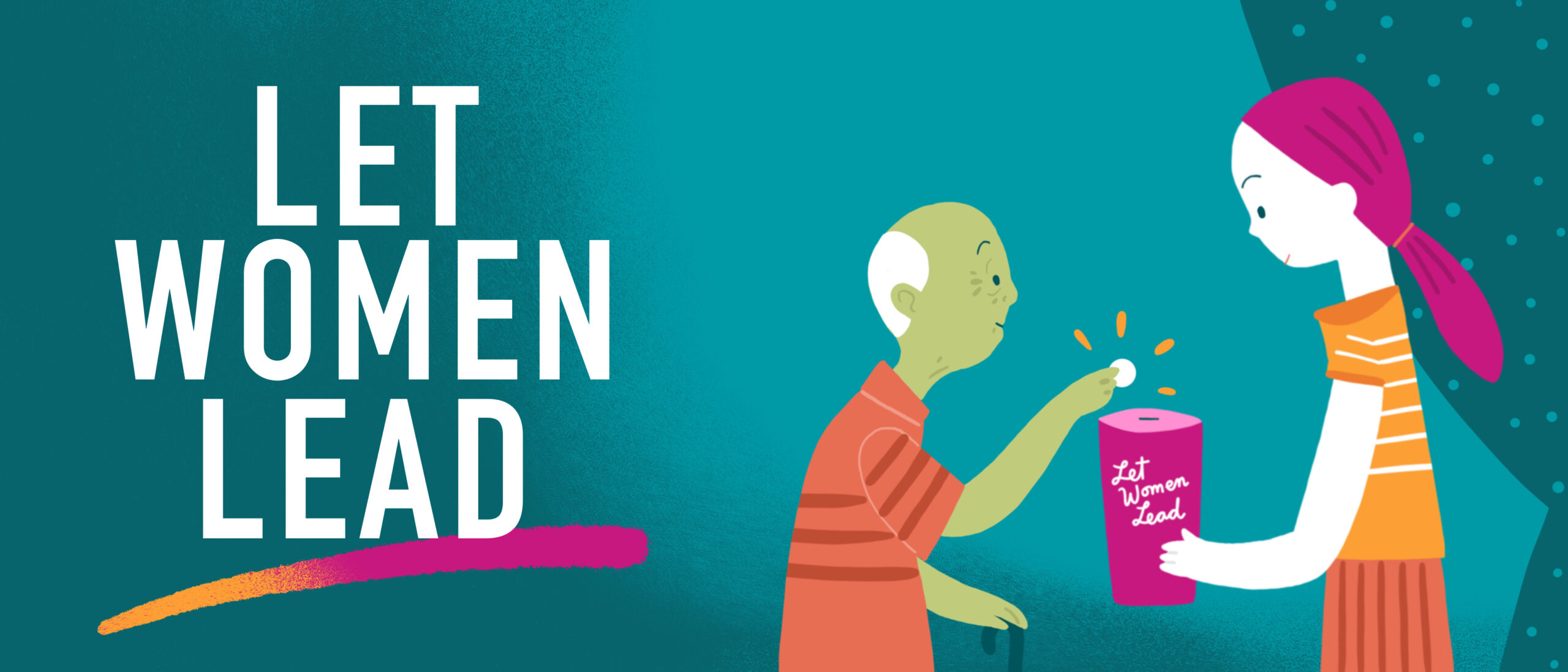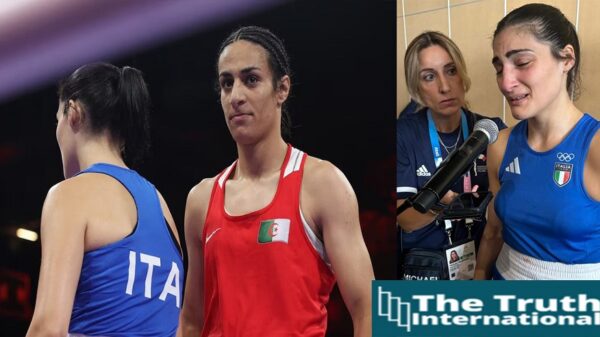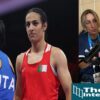In a political landscape where women’s reserved seats in federal and provincial assemblies are not immediately guaranteed post-elections, anticipating rapid closure of gender disparities is an optimistic outlook. This is further complicated by a society that often favors assigning these seats to ‘technocrats’ over women.
Consequently, women’s rights advocates and female legislators must exert significantly more effort than their counterparts in other nations to progress towards the goal of bridging the gender gap.

Since the turn of the century, Pakistan has been striving for financial inclusion, an initiative meant to provide underprivileged groups, including women, with access to formal financing. While the progress made thus far is somewhat reassuring when considering the historical struggles of women during the Musharraf era, it falls short of demonstrating substantial structural changes. The country has yet to establish a comprehensive and dedicated national strategy aimed at closing gender gaps within its labor force.
Female entrepreneurship rate in Pakistan is just 4pc against 7.2pc in Bangladesh and 14pc in India
The growing female workforce is significantly impacted by domestic socio-economic issues, inconsistent policies, and collaborations with global financial organizations like the World Bank and ADB. Similarly, the number of educated women increases, but gender disparity persists. In 2022, 48% of Pakistani women were literate compared to 70% of men, with rural areas having only 36% literate women and 63% literate men.
This prevailing educational gender gap, along with the influential tribal mindset of decision-makers, contributes to the perpetuation of disparities in other sectors, such as access to financial services, employment, and entrepreneurship opportunities.
In Pakistan, the female labor force participation rate stands at 23%, which is significantly lower than Bangladesh’s 43%. Similarly, Pakistan’s female entrepreneurship rate of 4% is surpassed by Bangladesh’s 7.2% and India’s 14%. This low participation in the workforce hinders women’s financial independence and their ability to make choices in their lives.
The lack of female entrepreneurship also poses a challenge in achieving gender equality in businesses and job markets. It is unlikely that male entrepreneurs will prioritize gender equality in their businesses, leading to fewer job opportunities for women.
However, there is a positive development in the rise of women-owned bank accounts. By June 2023, women held 49 million accounts, accounting for approximately 28% of the total 177 million accounts. Out of these, 29 million accounts were verified to be owned and operated by women, representing 16.4% of the overall bank accounts and 43% of the total female population in the country. This highlights the growing financial inclusion of women in Pakistan.
While these statistics may seem to show progress in women’s financial inclusion, they do not fully capture the societal prejudices and discriminations against women. The growth in the number of women-owned and operated bank accounts can be attributed to two factors: the digitalization of governmental cash support programs for women and the increasing availability of digital cash transfers. However, these factors do not necessarily signify real financial empowerment for women.
Achieving true financial equality for women requires addressing various limitations. This includes amending the legal regime for hereditary property and assets to ensure timely and hassle-free distribution to women, as well as addressing injustices faced by women farmers and rural female workers.
In light of these challenges, the Asian Development Bank (ADB) approved a $155.5 million financing facility in December, with $100 million allocated for policy reforms related to women’s financial inclusion and $50 million for financial intermediation loans to support women entrepreneurs. The success of this ADB program depends on the willingness of the federal and provincial governments to actively pursue policies promoting women’s financial empowerment.
However, given the current weak political environment and potential nationwide campaigns against the existing political regime, it may be challenging for the government to focus on long-term socio-political objectives, particularly those not aligned with the International Monetary Fund’s directives.
To accelerate progress towards gender equality, it is crucial to address the prevailing pseudoreligious and feudal mindsets among powerful players and replace them with more progressive attitudes. As society evolves, so too must the tools and perspectives of those in power to foster a more equitable and supportive environment for women.










